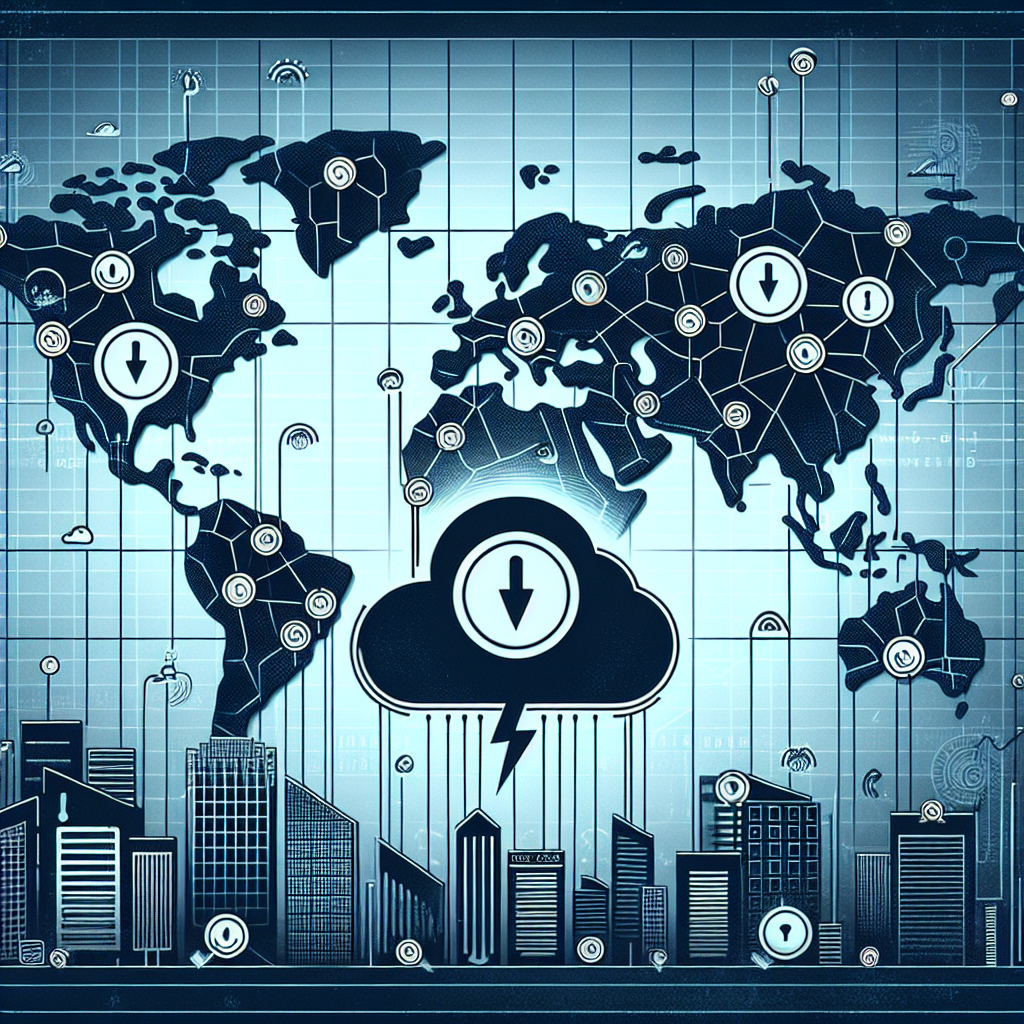One of the most massive IT outages in history has struck companies worldwide, impacting industries ranging from airlines to financial services and media organizations, causing widespread disruption.
From Tokyo to London, thousands of employees found themselves unable to access their computers on Friday, leading to disruptions in businesses and essential services such as transportation and emergency response.
The outage has been attributed to a security update from CrowdStrike, a US-based company, which triggered issues with Microsoft’s Windows operating system. The problem has affected PCs and servers, indicating that millions of devices may require fixing to resolve the issue.
“I believe it is safe to say that this will go down as the largest IT outage ever,” remarked Troy Hunt, a respected security consultant, on social media. “This is essentially the Y2K scenario we were all concerned about, but it has materialized this time.”
Elon Musk, the CEO of Tesla, expressed his frustration on social media, labeling it as the “Biggest IT fail ever,” with “Microsoft” accompanied by an angry emoji.
In China, some workers were granted an unexpected early start to the weekend as their employers instructed them to go home. “Thank you Microsoft for the early vacation” trended briefly on Weibo, a popular microblogging site, with users sharing images of blue error screens.
Australian businesses were among the first to report issues, with retailers like Woolworths and 7-Eleven impacted. Sydney airport also experienced disruptions due to a “global technical outage.”
In Europe, airlines and airports warned of operational disruptions on what was anticipated to be one of the busiest travel days from the UK since October 2019.
The US Federal Aviation Administration revealed that Delta, United, and American Airlines had requested to ground flights scheduled for departure.
“This incident starkly illustrates the vulnerability of the world’s fundamental internet infrastructure,” remarked Ciaran Martin, a professor at Oxford University’s Blavatnik School of Government and former head of the National Cyber Security Centre.
Microsoft acknowledged the issue affecting Windows devices running CrowdStrike’s Falcon agent, causing devices to get stuck in a restarting loop. This contributed to the problems faced by some of its cloud computing customers.
“We can confirm that the problematic update has been withdrawn by CrowdStrike,” Microsoft added.
CrowdStrike, a leading provider of endpoint security software globally, experienced a 16% drop in its shares, while Microsoft’s stock fell by 2% in pre-market trading.
CrowdStrike’s CEO, George Kurtz, clarified that the issue was not a security breach or cyber attack but rather a defect in a single content update for Windows hosts. He assured that the problem had been identified, isolated, and rectified.

